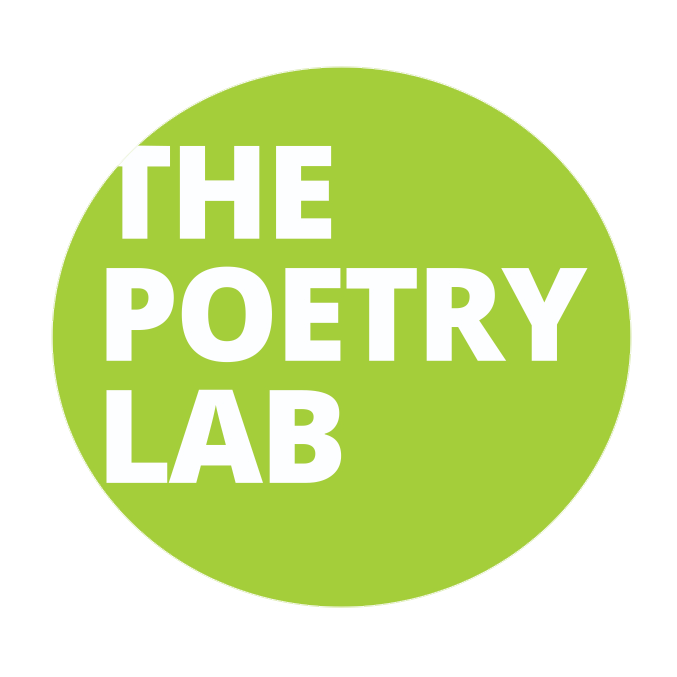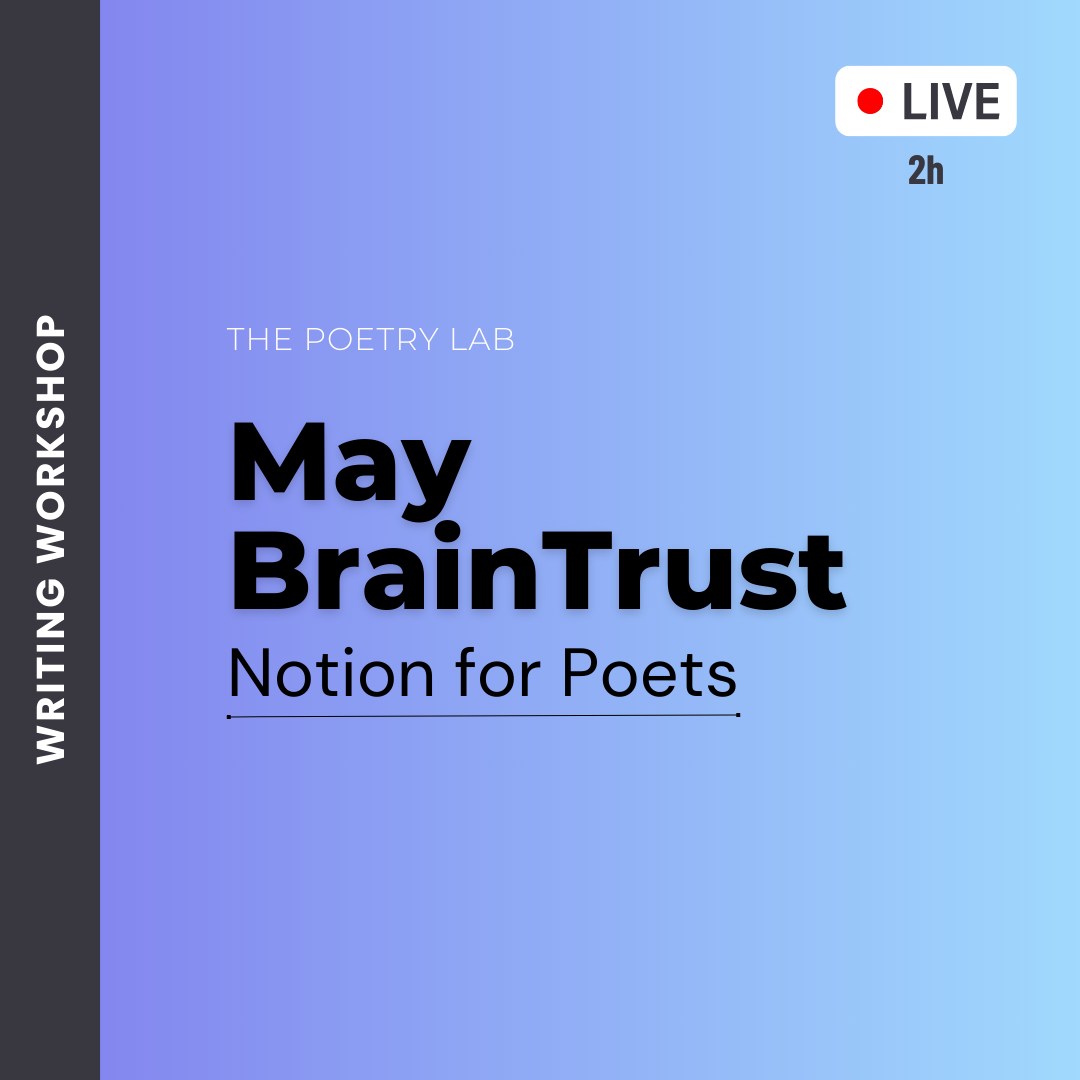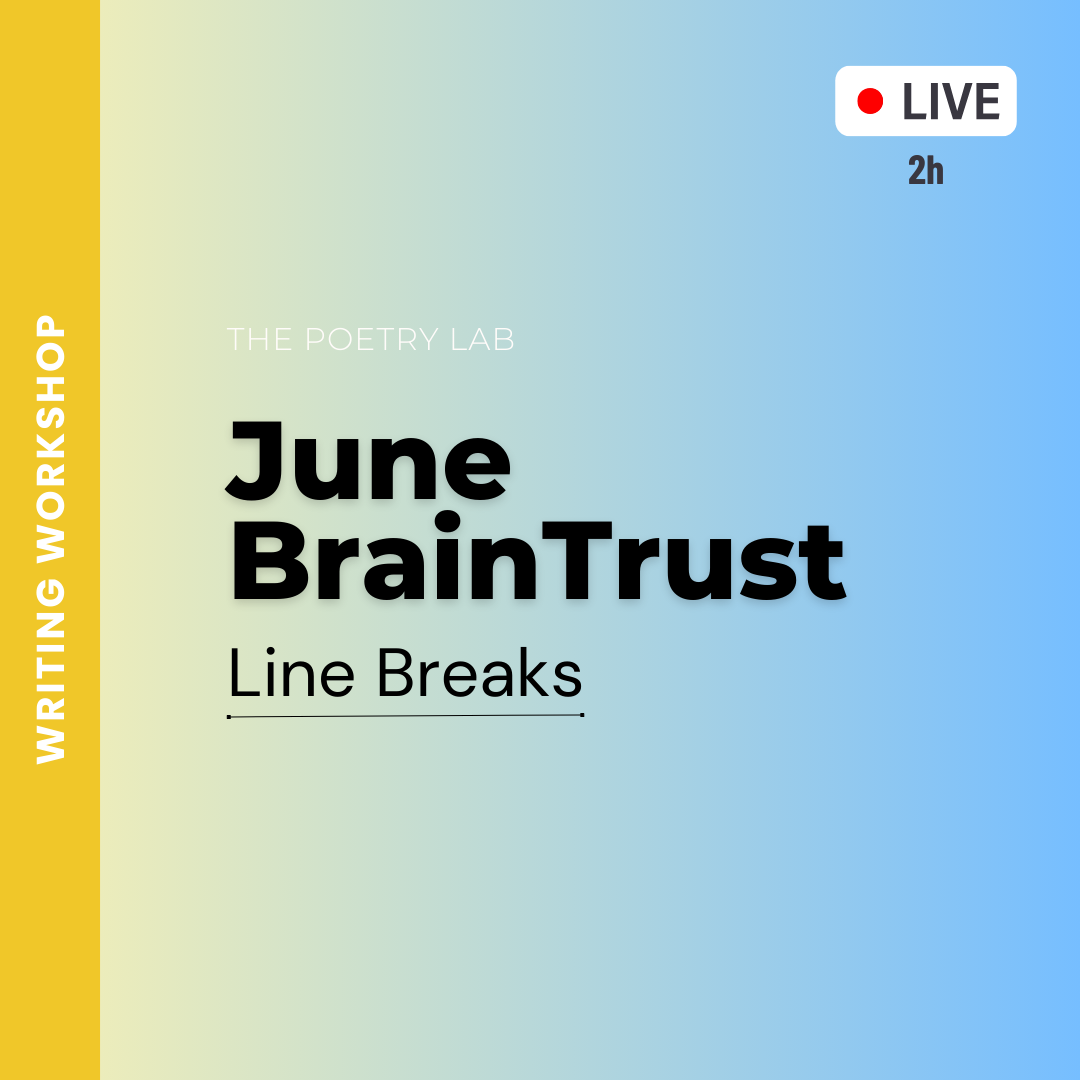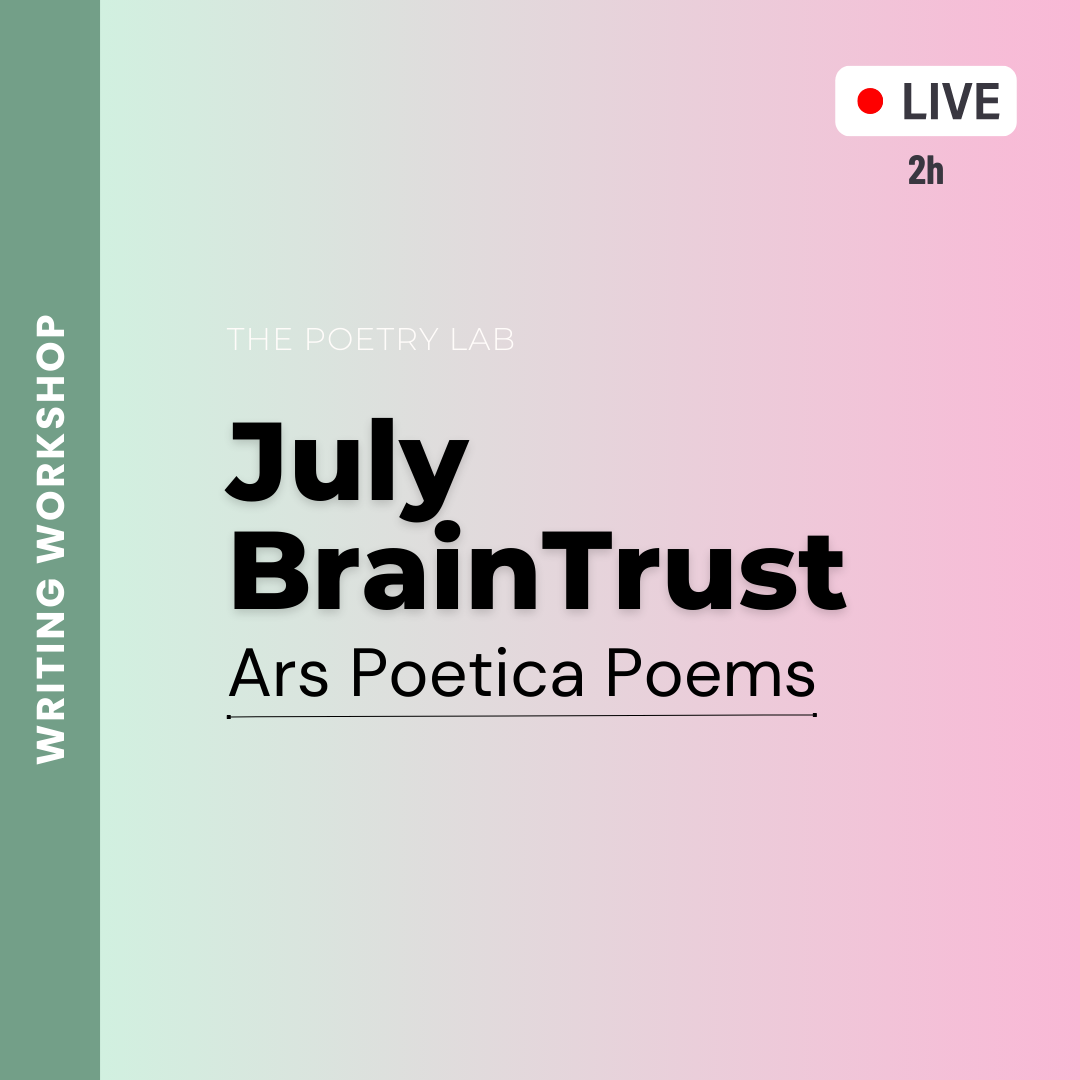The Political Nature of BookTok
Are books and BookTok political?
The 2024 election has upended and divided many online communities—BookTok included.
After the results, several influencers created videos saying to “keep politics” off of BookTok. One influencer, who has since deleted her account, said she wanted people to “do better” and to keep BookTok “free of politics” as it is a safe space for her. These posts incited a backlash, with many users commenting that it is impossible to divorce politics from books.
Why We Create
Before we dig into the history of books, it’s important to consider why writers create books and why people read them. To me, the answer is obvious: to connect with others and enlighten readers so they are able to learn or experience something they would otherwise not encounter in their own lives.
Whether someone is reading Sally Rooney’s Intermezzo, The Iliad, or even Cecily von Ziegesar’s Gossip Girl, all these works articulate an ethos and political worldview through the characters’ inner lives, the world they inhabit, and how they interact with others.
Even the books that aren’t “outwardly” political are political. I’m often reminded of the quote by Yehuda Amichai:
“I’ve often said all poetry is political. This is because real poems deal with a human response to reality, and politics is part of that reality, history in the making. Even if a poet writes about sitting in a glass house drinking tea, it reflects politics.”
Amichai specifically references poetry, but this sentiment can be applied to all literary genres. All writing is a reflection of our reality, even the stories that take place in a different world. The novels that claim to be escapist still reflect a political viewpoint, a privilege of being able to ignore certain aspects of the world because it doesn’t affect them.
The Political Nature of Publishing
The very printing of books has been considered political since their creation. Although the Gutenberg Press was not the first printing press invented, it did revolutionize the printing process. When Johannes Gutenberg invented the movable face type, books and pamphlets could now be printed at a larger scale and in a more accessible manner.
Printing books and pamphlets was no longer an endeavor controlled by the wealthy and the Catholic. Thanks to the Gutenberg Press, Martin Luther’s pamphlet 99 Theses, which criticized the Catholic Church, was distributed far and wide, directly leading to the Protestant Reformation and effectively reshaping modern history.
Censorship
Censorship is the crux of many political agendas that seek to suppress and isolate the marginalized. During the era of slavery, lawmakers enacted anti-literacy laws to prevent both the enslaved and the freed from learning how to read or write.
Those in power knew that literacy and written communication held the key to education, empowerment, and freedom—and our white supremacist nation suppressed Black people’s liberty and the pursuit of happiness to protect their monetary wealth.
The history of censorship in libraries has been called as “old as the public library movement,” and goes beyond book bans. Since the creation of public libraries in the 1850s, library trustees were largely upper class, college-educated white men.
During the Reconstruction Era (1865-1877), many communities rejected library grants from business tycoon Andrew Carnegie, out of concerns that the creation of these libraries would admit Black people. As a result, these libraries reflected only the racist and myopic worldviews of the trustees, while also effectively censoring the marginalized from accessing literature.
Additionally, when 7 million Southern and Eastern European immigrants moved to America between 1893 and 1917, white people feared they would “lose their American way of life.” In response to this influx and hysteria, libraries implemented classes and programs to “Americanize” these immigrants.
Another noted example of censorship in libraries came from their curation. Libraries would often stock content according to HW Wilson Company’s Readers’ Guide to Periodical Literature, an index of periodicals that influenced librarians in selecting their catalog. The list, however, did not include materials by marginalized groups, leading libraries to not subscribe to them.
The Role of Independent Bookstores
Aside from books—the stories they tell and the history of printing and literacy––and public libraries, independent bookstores also play a vital part in activism.
An independent bookstore is a mirror of a community’s ethos and values. With millions of books published each year, your favorite indie bookstore has space for a few thousand, maybe tens of thousands of books. With this in mind, your stockists and hand-sellers have to be intentional about the kinds of books they will shelve. Will they stock books based on the New York Times bestseller list or will they stock the books that they love and think are vital to the community in one way or another?
In my experience as a bookseller, while stores will stock some bestsellers, they will often prioritize the latter and the reason is simple: with an average of 5% profit margins, indie bookstores are guided by the love of books and knowing their revolutionary power.
What separates independent bookstores from chains like Barnes & Noble and Amazon is that a customer often walks in unsure exactly of what they want to read, allowing the seller to personally recommend books. It’s one of my favorite parts about volunteering at a bookstore.
Independent bookstores are a crucial tool in deprogramming our increasingly algorithmic-dependent culture. I can recommend a book that I absolutely love and think deserves more attention to the customer, and I can open a customer up to new perspectives and ideas that they may not have encountered if they had decided to purchase the same book on Amazon.
Indie bookstores also often curate beyond genre. Sure, books are organized by genre, but when a customer walks into the bookstore I volunteer for, The Head & The Hand, they are greeted with a rotation of literature curated for occasions such as Native American Heritage Month, Transgender Awareness Week, Spooky Season, and Disability Awareness Month.
Community Building Tips
Aside from the books available at your local bookstore, they also often serve as organizing hubs for the community. This can come in many forms, from the bulletin board fliers, to hosting readings and events centered on activism. One bookstore in Berlin served as the nexus for the creation of an association to combat the increasing racist and anti-Semitic incidents in their neighborhood.
Although libraries played a role in censorship, they also played a vital role in community building and activism. For example, Louisville was one of the few communities in the South to accept a Carnegie Grant, which led to the first library for the Black community in 1905. This library served as a crucial gathering space in segregated Louisville and was seen as a de facto neighborhood center for the community.
When the Supreme Court decided in 1954’s Brown vs. The Board of Education that “separate but equal” was no longer legal, a number of libraries and librarians were non-compliant during the period of integration. These libraries ended up serving as pivotal sites of protests, leading to a number of sit-ins across the country, primarily in the South.
Community is the catalyst to activism and resistance, and I think BookTok, with its love of literature and communal nature, can play a vital role in activism and community care in 2025 and beyond.
I spoke with BookTokers Nathan Shuherk (@schizophrenicreads) and Sean Goodman (@seangtheking) to ask for their insight and created this list with a few ideas to get us started and thinking about how we can all contribute:
1 Ask yourself—what do you think is the purpose of BookTok and of TikTok as a whole? What is your place within the platform?
Shuherk especially wants us to consider not just how we use TikTok, but also how we engage with the world virtually, “because there certainly is going to become a greater and greater need to draw people’s attention to the politics of our era—and a grand part of the politics of our lives exists in how we spend our time glued to our phones.”
He contends that this self-examination may be “uncomfortable,” but it is a unique aspect of our lives at this moment and can help lead to a more intentional and communal approach to social media, which may “be one of the only hopes we have.”
2 Share a list of banned books with your followers.
Sean Goodman especially encourages content creators to share ones that are already banned, historically have been banned, and ones that may be banned in the near future. Encourage them to also buy these books as hard copies from their local bookstores.
3 Find BookTokers in your area and organize a meet-up
As we’ve seen above, libraries and local bookstores have been vital in creating community. While it is possible to replicate some kind of kinship in digital spaces, it is still important to also establish local roots and build in-person connections. Perhaps out of this meet-up, you can create a book club that reads Afrofuturism or social justice nonfiction, or find other ways to organize and positively benefit your community.
4 Recommend and support your independent bookstores and small presses
The vitality of independent bookstores has been well-established, but small presses also play a similar role to the literary ecosystem. Just as most independent bookstores are born out of a love for books and not out profitability, small presses also function in this way.
5 Try to find joy in your life.
Many people think that engaging in politics and activism requires an ascetic sensibility. Joy, in fact, is crucial to social justice.
We often think the purpose of propaganda is to brainwash the public and reformulate their beliefs, when in fact, it has been shown that propaganda can also suppress through desensitizing and demoralizing the public as well. And the best way to do this is through cultivating a space for joy. The very refusal of allowing yourself to be desensitized and demoralized while experiencing joy is a revolutionary act of refusal.
As Shuherk mentions in one of his threads about the role of BookTok: “It’s essential and ultimately it’s worth fight(ing) for.”
Books have always been political. It’s impossible to divorce the Emily Henry or James Joyce novel in your hand from its history. To think otherwise is not only an ignorance or a delusion, but also a disservice to yourself as a reader.
When you refuse to consider the intersectionality of books and politics, it shows that you have resigned yourself to the burning world as it is and see books as a temporary refuge. But when you see the ways they collide, you open yourself up to see that a better world is possible.
/ related
/ upcoming classes
This article was published on February 21, 2025. Written by:
















